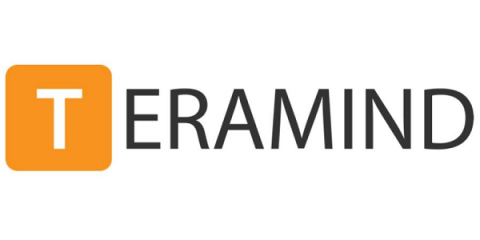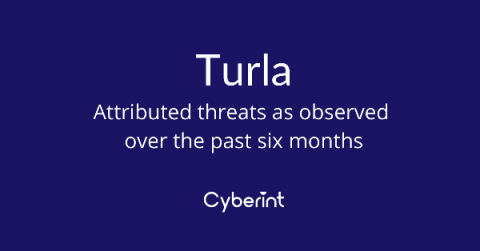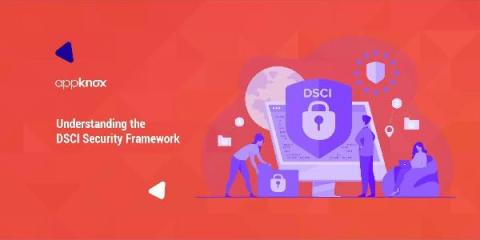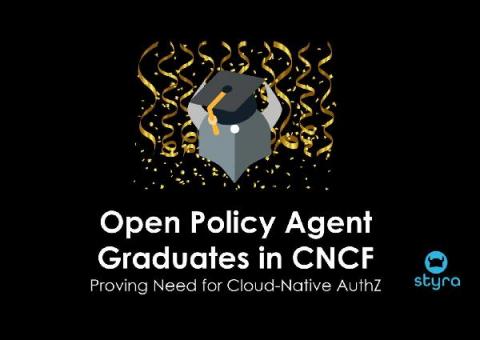Consistency, Efficiency And Security: Three Priorities For The 'Anywhere Workforce' In 2021
The efficacy of remote work has been debated for decades. Now, as companies begin pursuing a post-Covid-19 reality, the debate is finally settled. According to some of the most prominent companies in Silicon Valley, including Google, Facebook, Twitter and Apple, the answer is a hybrid model. Rather than being dogmatic and dichotomous about workplace arrangements, these companies find value in a hybrid model that includes a flexible mix of on-site and remote teams.










